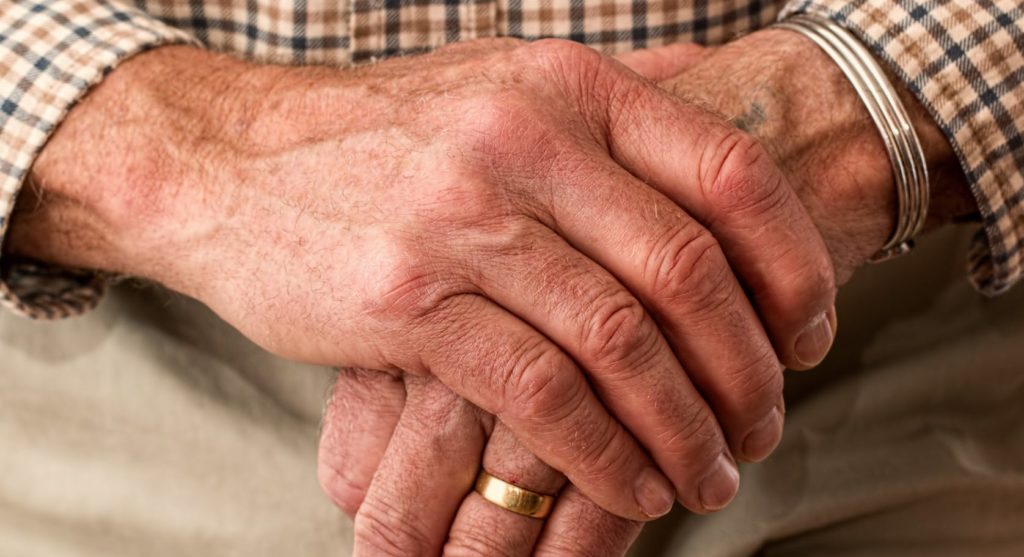Parkinson’s Disease
Learn about Parkinson’s disease and how MS Queensland can provide assistance and support.

About Parkinson’s disease
Parkinson’s disease is a progressive neurological condition that affects the control of body movements. Parkinson’s disease occurs when nerve cells, or neurones, that normally produce dopamine in the brain degenerate and die. Dopamine is a chemical that helps relay messages between areas of the brain that control movement, causing trembling in the hands, arms, legs, jaw and face. It can also cause slowness and stiffness of the limbs. Although there is no cure for Parkinson’s disease, some medications and therapies can provide significant relief from the symptoms.
Adjusting to life with Parkinson’s disease
The early symptoms of Parkinson’s disease will vary from person to person, as will the rate of progression of the disease. Some early symptoms may include:
- Development of a tremor in the hand, thumb, finger or chin
- Handwriting becomes smaller
- Changes to or loss of smell
- Problems with sleeping
- Problems with moving or walking
Sources: Brain Foundation Australia, Parkinson’s Foundation
- Constipation
- Dizziness or fainting
For people with Parkinson’s disease there are many ways to live well and maintain quality of life. Symptoms can vary and the need for support can change and increase over time.
A person with Parkinson’s disease may require support with:
- Enhancing independence, including help around the home
- Visiting and maintaining contact with family and friends
- Participating in social and recreational activities
- Financial & NDIS advice
- Exercise and health programs
- Access to therapy support, aids or equipment to keep you safe and maintain your independence
- Mental health support
How MS Queensland can help
MS Queensland has a long history of helping people with MS and other progressive neurological diseases such as Parkinson’s disease. We know that many of the symptoms of and treatments for MS are also common to other PNDs and we offer our knowledge, expertise and understanding in this field to a broad range of people. Some of our services include:
- Service coordination
- NDIS access assistance
- Neurophysiotherapy
- Accommodation
- Employment services
How to get help
For more information, questions, or assistance you can contact our NeuroAssist InfoLine on 1800 177 591 Monday – Friday between 8:30am – 5:00pm. You can also request a call back from one of our NeuroAssist team who will be in touch within 24 hours.
